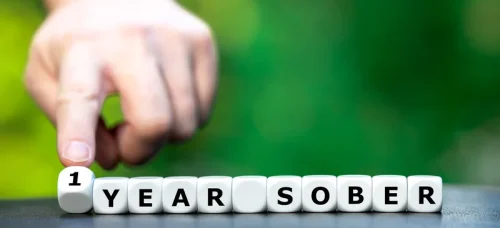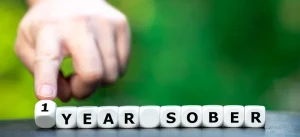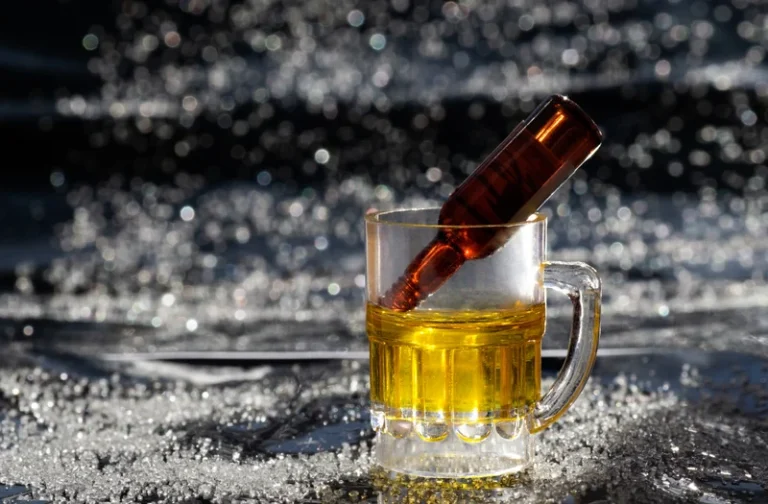


Understandably, there’s still a lot we don’t know about the possible negative effects of cannabidiols when it comes to drug interactions and possible cannabis addiction. Based on the available scientific evidence, CBD does not appear to have the same addictive potential as substances like opioids or psychostimulants. Preclinical studies suggest that CBD may even have therapeutic properties in mitigating addiction-related behaviors. However, more research is needed to fully understand the mechanisms underlying CBD’s effects on addiction and to determine its optimal use in clinical settings. And while heavy marijuana use can lead to dependence, current preclinical studies suggest that CBD is not an addictive substance, nor does it promote addictive behaviors in people. CBD, or cannabidiol, differs from substances with known addictive properties.


Prescription opioids are intended for short-term use, but those suffering from chronic pain grow dependent on these drugs to escape the pain. Doctors Substance abuse prescribe opioid drugs such as morphine and oxycodone to manage severe neuropathic pain or injury. These drugs work by blocking out pain signals which is extremely effective, but they’re highly susceptible to drug abuse because of their euphoric effects.

Food, drinks and beauty products are among the many CBD-infused products available online. Unlike tetrahydrocannabinol (THC), the psychoactive compound in cannabis, CBD does not bind directly to cannabinoid receptors in the brain. People taking high doses of CBD may show abnormalities in liver-related blood tests.

The FDA is working to determine definitively if CBD is a safe and effective treatment option. CBD is one of between 80 and 100 known cannabinoids, or compounds derived from the cannabis plant. Some evidence suggests that CBD might also be useful as an antioxidant, an antipsychotic, and to prevent nausea and vomiting. THC is the psychoactive compound that causes the infamous “high” of cannabis.
However, regular use of CBD may increase tolerance—requiring a higher CBD dose to feel the same effects level. You can fix the increase in tolerance by taking a break from CBD for two is cbd addictive weeks to allow your system to readjust. This article investigates whether or not you can get addicted to CBD, and we’ll also touch on the concepts behind drug and alcohol dependence and the general safety of CBD products on the market. Preliminary evidence using hemp-derived CBD products is promising, but there are few in-depth clinical trials. Regardless, there are many reasons to be optimistic about CBD’s therapeutic potential. A 2013 report published in Neuropsychopharmacology described the case of a 19-year-old woman who had cannabis withdrawal symptoms.

The endocannabinoid system regulates and controls learning and memory, emotional processing, sleep, temperature control, pain control, inflammatory and immune responses, and eating. This vital system is currently at the center of renewed international research and drug development. For those in Raleigh, our natural hemp product selection reflects our dedication to offering safe, effective solutions. We pride ourselves on using organically grown hemp and rigorous testing to meet your needs. At Hemp Generation, we bring a premium experience to those seeking High-Quality CBD. Since 2019, we have crafted products that elevate wellness through innovation and commitment to excellence.
Shop with reputable brands that can ensure that the CBD extract is hemp-derived (not marijuana-derived CBD) and have a third-party certificate of analysis to prove its safety. Not only is CBD not addictive, according to the World Health Organization and some human trials, but it can also help individuals recovering from substance use disorders or addictions. Whether you use medical marijuana, hemp-derived CBD, or a combination of CBD and THC, begin with the lowest dose possible and gradually increase every few days. Some legal, medical marijuana states use high-CBD strains over their hemp-derived counterparts. The potential addictiveness of CBD products boils down to guilt by association. We connect cannabis with THC, which, for the longest time, was treated with the same disdain as heroin or meth.